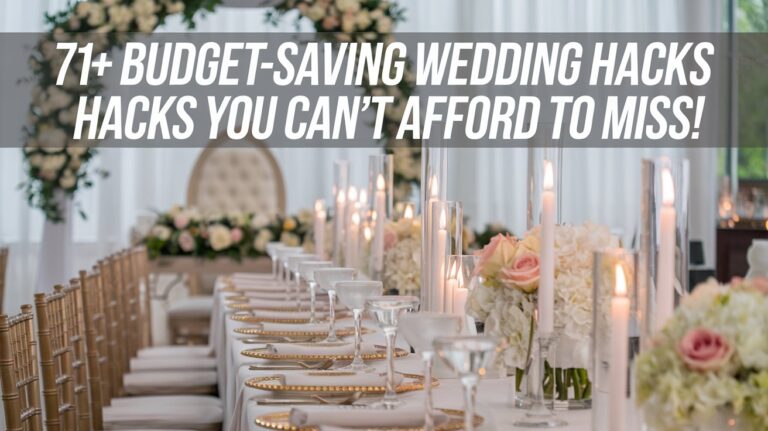Introduction
Planning a wedding is exciting, but many couples face unexpected expenses that can throw their budget off track.
These hidden wedding costs often come as a surprise, making it essential to plan ahead and allocate funds wisely.
In this guide, we’ll uncover the most common unexpected wedding expenses and provide practical tips to help you budget for them effectively.
Whether you’re planning a luxury or budget wedding or need a detailed wedding budget breakdown, this guide will help ensure you are financially prepared for your big day.
Venue Fees and Hidden Charges
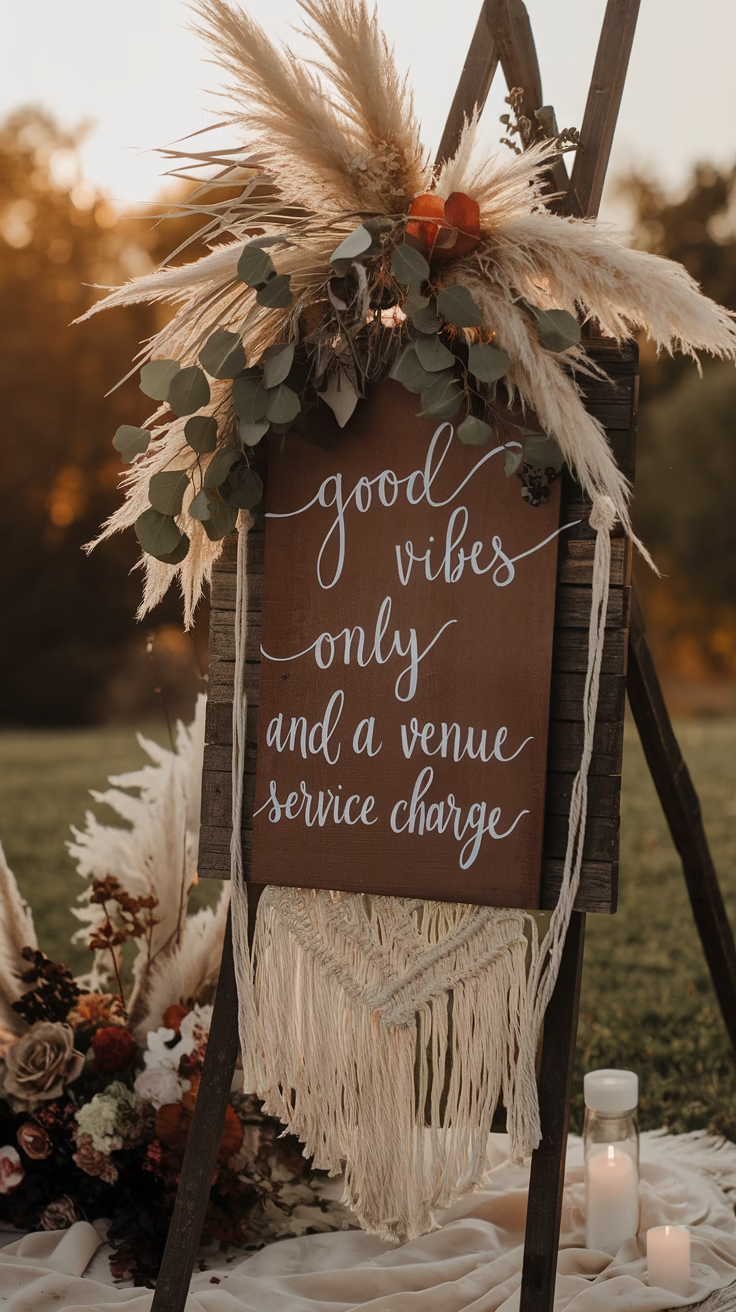
1. Setup and Breakdown Fees
Some venues charge extra for setting up and tearing down tables, chairs, and decorations. If you are hiring a separate decor team, check if the venue requires an additional service charge.
2. Overtime Charges
If your event runs past the agreed-upon time, you may have to pay an hourly rate for additional time. Always clarify the venue’s cut-off time to avoid these unexpected expenses.
3. Outside Vendor Fees
Certain venues charge extra if you bring in outside vendors instead of using their preferred list. This can include photographers, caterers, or florists.
Catering and Bar Expenses
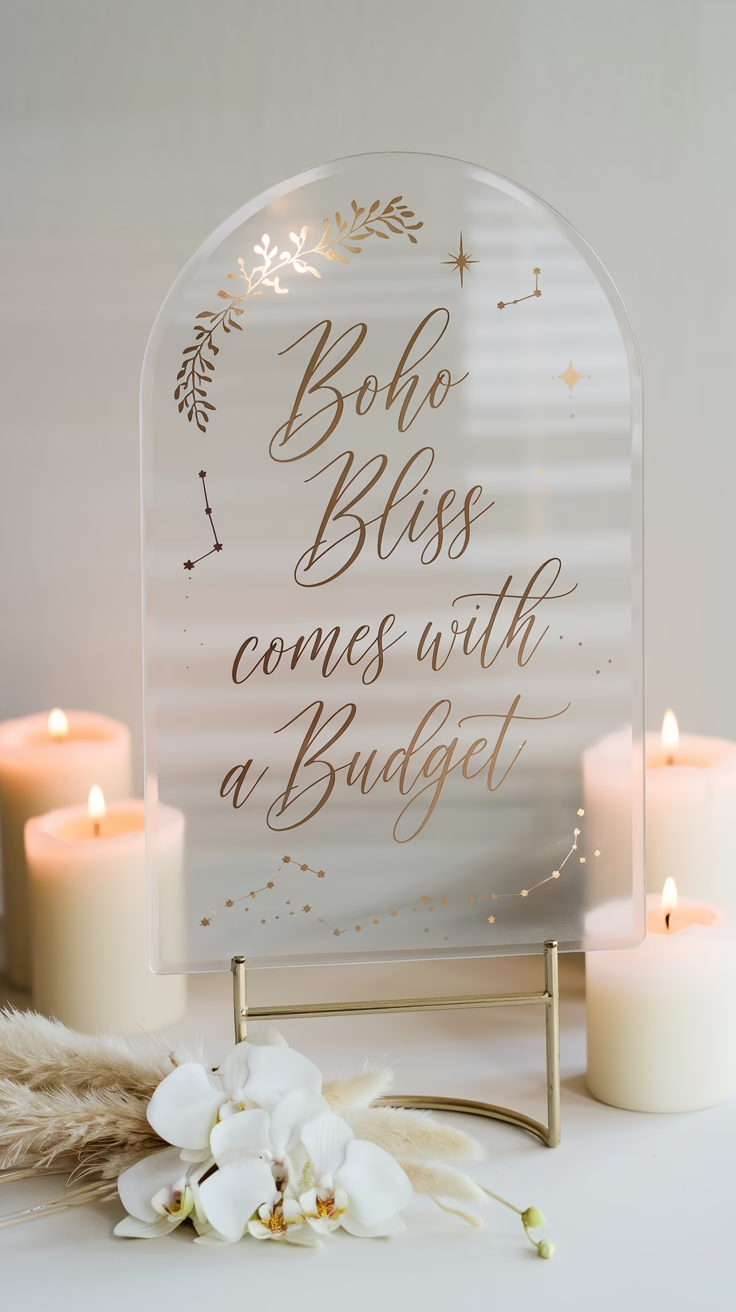
4. Tasting Fees
Some caterers charge for menu tastings before you book, which can range from $50 to $200 per person.
5. Cake Cutting Fees
If you bring an outside cake, some venues charge a per-slice fee to serve it. This cost can range from $1 to $5 per slice.
6. Corkage Fees
If you supply your own alcohol, venues may charge a corkage fee per bottle, which can be anywhere from $10 to $30 per bottle.
7. Additional Meals
Don’t forget to budget for vendor meals, such as the photographer and DJ. These extra costs often go overlooked in a wedding budget breakdown.
Attire and Beauty Costs
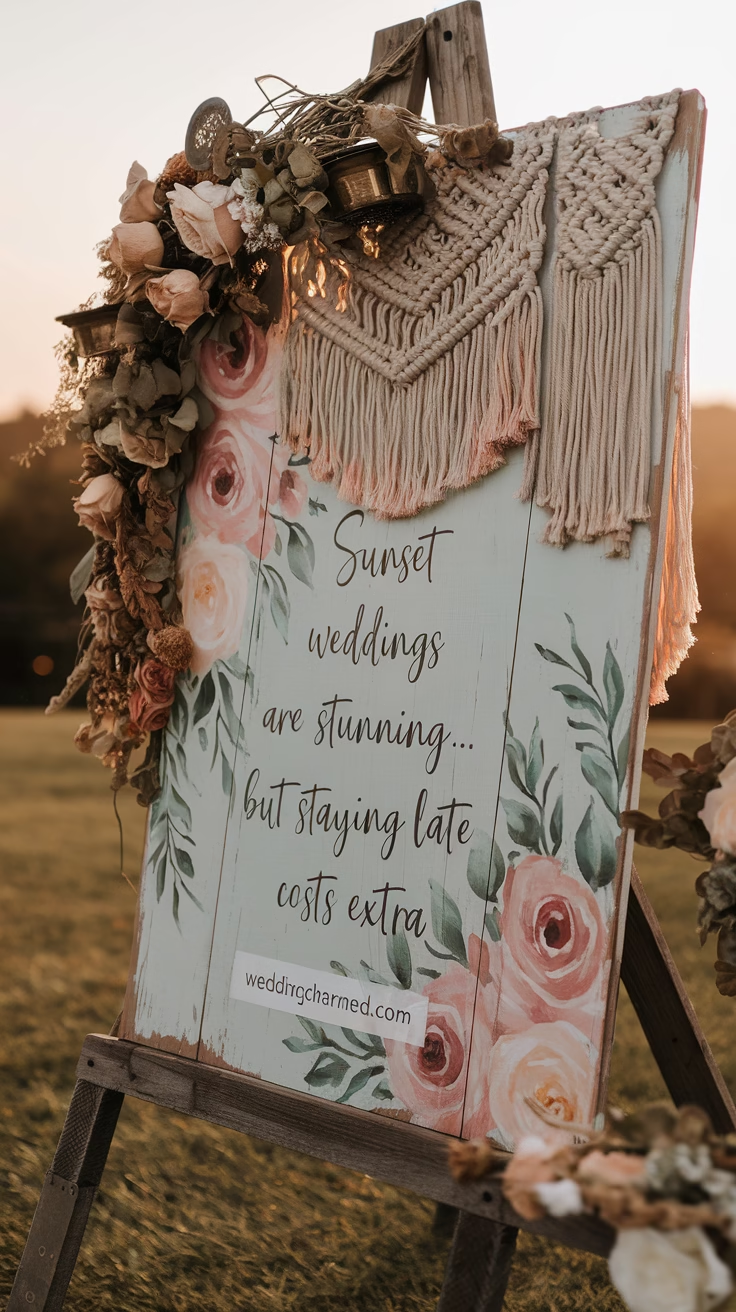
8. Alterations
Wedding dress and suit alterations can range from minor adjustments to major modifications, costing hundreds of dollars.
9. Undergarments and Accessories
Veils, shapewear, shoes, and jewelry are often overlooked in the budget but can add up quickly.
10. Pre-Wedding Beauty Treatments
Hair trials, makeup trials, facials, waxing, and manicures all add to the final cost. These expenses can be significant, especially for brides opting for luxury services.
Decor and Rentals

11. Floral Delivery and Setup Fees
Some florists charge extra for transporting and arranging flowers at the venue. These costs are often hidden in contracts under “labor fees.”
12. Extra Decor Rentals
Items like chargers, specialty linens, and additional lighting can be expensive add-ons that increase your wedding budget.
13. Damage Deposits
Rental companies may require deposits for tableware, furniture, and decor, which may not be fully refundable if damages occur.
Photography and Videography

14. Second Shooter Fees
Some photographers charge extra for an additional shooter to capture different angles, ensuring full coverage of your wedding.
15. Editing and Retouching Fees
Additional edits or special effects may not be included in your original package. High-end luxury wedding photography packages may include these, but budget packages often do not.
16. Expedited Delivery
If you want your photos or videos sooner, there may be an additional rush fee of $100 to $500.
Entertainment and Music
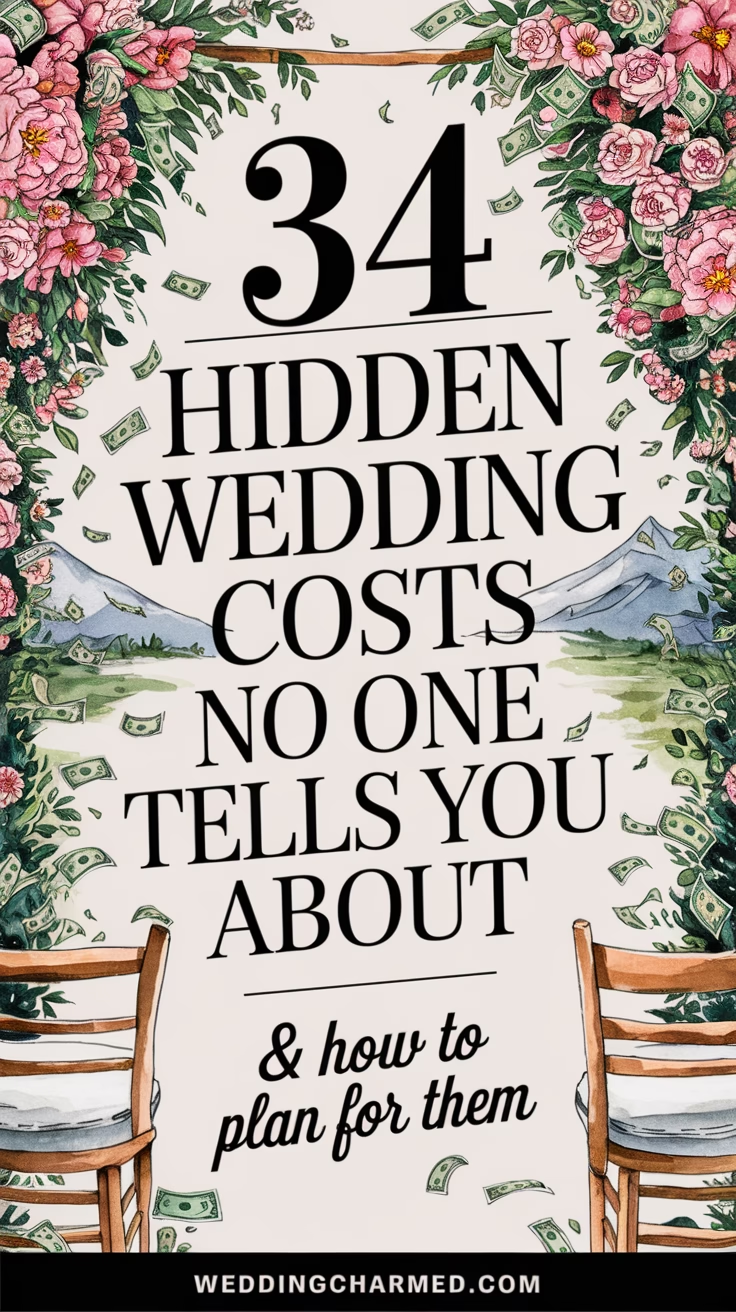
17. Equipment Rental Fees
If your venue does not provide sound and lighting equipment, you may need to rent them separately, adding hundreds to your wedding expenses.
18. Extra Performance Time
If the party runs longer than expected, additional fees may apply for extended performances.
19. Song Licensing Fees
Live musicians may charge extra for learning new songs outside their standard repertoire.
Stationery and Postage
20. Postage for Invitations
If your invitations are heavy or require odd-sized envelopes, postage can be more expensive.
21. Custom Design Fees
If you choose a custom design, expect higher costs than standard templates.
22. Thank You Cards
These can add up, especially if sending physical cards instead of digital ones. Consider affordable wedding ideas like digital thank-you notes to save money.
Transportation and Accommodation
23. Shuttle or Bus Rentals
If your venue is remote, guest transportation may be necessary.
24. Hotel Room Blocks
Some hotels require deposits or minimum booking requirements for room blocks.
25. Parking Fees
If the venue does not have free parking, valet or guest parking charges may apply. Factor this into your wedding budget timeline.
Marriage License and Officiant Fees
26. Marriage License Fees
Costs vary by state or country and may require additional certifications.
27. Officiant Fees
Professional officiants may charge a fee for their services, rehearsals, and travel expenses.
28. Name Change Fees
If changing your name, there may be costs associated with new documents.
Miscellaneous Costs and Last-Minute Expenses
29. Favors and Welcome Gifts
Providing guest favors or welcome bags for out-of-town guests can add up.
30. Tips and Gratuities
Many vendors expect tips, which can total hundreds of dollars.
31. Honeymoon Expenses
Travel costs, airport transfers, and excursions should be factored into the budget.
Unexpected Weather Preparations
32. Tent Rentals
If your wedding is outdoors, unexpected weather may require a last-minute tent rental, which can be costly.
33. Climate Control
Outdoor weddings in extreme heat or cold may require heating or cooling units to keep guests comfortable, adding to your expenses.
Wedding Insurance and Liability Coverage
34. Wedding Insurance Fees
Many venues require couples to purchase wedding insurance, which can cost anywhere from $100 to $500 depending on coverage.
35. Liability Deposits
Some venues may require a refundable security deposit in case of damage or extra cleaning, which is often overlooked in the initial budget planning.
How to Budget for Hidden Wedding Costs
Build a Contingency Fund
Set aside 5-10% of your total wedding budget for hidden costs. This fund will help cover unexpected expenses without putting strain on your finances. Consider opening a separate account for these funds so they remain untouched until needed.
Track All Expenses
Use a wedding budget spreadsheet to monitor every cost. Breaking down expenses into categories allows you to stay on top of spending and identify any areas where costs may be creeping up.
Read Contracts Carefully
Many hidden fees are buried in vendor contracts. Review each contract in detail and ask about any potential extra charges. Clarify any ambiguous terms before signing.
Prioritize Must-Haves
Determine what aspects of your wedding are most important to you and allocate more of your budget there. Cut back on non-essentials to ensure you have extra funds for surprise expenses.
Get Multiple Quotes
Before booking vendors, compare multiple price quotes to ensure you’re getting the best deal. Ask vendors to be upfront about any additional costs.
Conclusion
Hidden wedding costs can add up quickly, but with careful planning, you can avoid last-minute financial stress.
By budgeting for these unexpected expenses and keeping a close eye on contracts, you’ll be better prepared to enjoy your big day without any surprises.
Take the time to review every aspect of your wedding budget timeline to ensure you stay on track and make the most of your special day.



